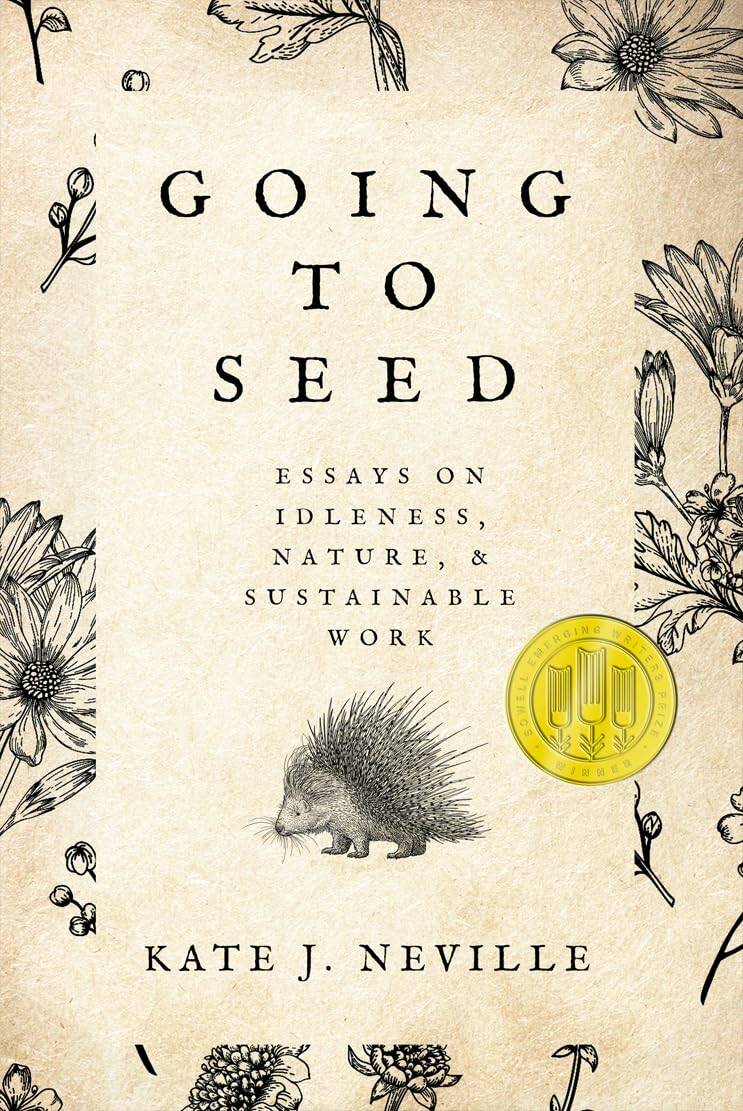Striking A balance
Philosophical musings on work, idleness and nature offer ample food for thought
Advertisement
Read this article for free:
or
Already have an account? Log in here »
To continue reading, please subscribe:
Monthly Digital Subscription
$0 for the first 4 weeks*
- Enjoy unlimited reading on winnipegfreepress.com
- Read the E-Edition, our digital replica newspaper
- Access News Break, our award-winning app
- Play interactive puzzles
*No charge for 4 weeks then price increases to the regular rate of $19.00 plus GST every four weeks. Offer available to new and qualified returning subscribers only. Cancel any time.
Monthly Digital Subscription
$4.75/week*
- Enjoy unlimited reading on winnipegfreepress.com
- Read the E-Edition, our digital replica newspaper
- Access News Break, our award-winning app
- Play interactive puzzles
*Billed as $19 plus GST every four weeks. Cancel any time.
To continue reading, please subscribe:
Add Free Press access to your Brandon Sun subscription for only an additional
$1 for the first 4 weeks*
*Your next subscription payment will increase by $1.00 and you will be charged $16.99 plus GST for four weeks. After four weeks, your payment will increase to $23.99 plus GST every four weeks.
Read unlimited articles for free today:
or
Already have an account? Log in here »
Hey there, time traveller!
This article was published 15/06/2024 (506 days ago), so information in it may no longer be current.
Controversial ideas are virtuous challenges for University of Toronto associate professor Kate J. Neville, whose 2021 book, Fueling Resistance, assessed the impacts on world economies if non-renewable, pollution-prone energy from oil wells were to be replaced by cleaner, renewable energy from crops grown for the production of ethanol.
Winner of the 2023 Sowell Emerging Writer’s Prize, Neville’s newest book Going to Seed features a didactic writing style that blends environmental concerns with modern society’s “work ethics,” and should provoke thoughtful debate in her conclusion that work and idleness aren’t necessarily opposites, but separate approaches which, used together, offer a better life and a deeper understanding of the world around us.
Even the book’s title conjures up conflicting notions: on one hand deterioration, aging and decay, and on the other renewal, vigour and continuity.

ARCHBOULD PHTOOGRAPHY
Author Kate J. Neville feels our fixation on good work ethics is troubling, as it diminishes the opportunity for thoughtful contemplation afforded by idleness.
Featuring a plethora of mind-bending philosophical musings gleaned from sources ranging from Greek mythology to contemporary thoughts by writers and poets alike, supplemented with personal assessments of her own teaching career, the result is a well-documented, metaphor-rich parsing of a four-letter word defined as “the expenditure of energy for an identifiable purpose” — what we simply call “work.”
Neville acknowledges work’s role in providing basic necessities and all the crucial and esoteric attachments to our lives such as art, medicine and entertainment. But, she asks, what if this constant striving for newer and better ignores spiritual joy found in prayer or reflection, or forgoes thoughtful attention to other life forms and to the planet that sustains all life?
More than one-third of Neville’s engaging study includes the usual hallmarks of serious research — notes, references and indices — helping readers make connections between ancient Greek and Roman philosophers opining on the nature and necessity of work while, interestingly enough, ignoring the slaves who toiled among them.
Neville deftly avoids drawing any singular conclusion regarding reasons for the eventual collapse of previous civilizations, but feels our fixation on good work ethics is troubling, as it diminishes the opportunity for thoughtful contemplation afforded by idleness.
Her research further reveals “some people being flurried and others being badly exploited, and through it all, the planet being undone around us” as we work towards higher and higher standards of living that paradoxically fosters societal unrest similar to that in earlier civilizations.
Wryly relating how work is often performed unequally by those most eager to promote it, she references Aesop’s fable of industrious ants and lazy grasshoppers in one essay, while in others, with titles such as Beaver blockades and Owl observations, she concedes work is evident throughout the natural world. But, she says, idleness shouldn’t be considered as shunning work, but an adjunct to it, like an owl’s lazy vigil prior to scooping up a meal.
Neville relates how her own welcome break from teaching duties in a backwoods cabin in northeastern B.C. offers her contemplative respite from daily toil. It’s a welcome time away from work she feels shouldn’t be only available to those who have earned a sabbatical, but ideally to all workers, and should be something more than just the hard-won 15-minute breaks and paid holidays unionized workers have gradually achieved.

Going to Seed
Her concept of daily toil being positioned alongside moments of idleness to allow time for serious reflection on our place in the natural world is praiseworthy, and something over-burdened caregivers in hospital wards would especially support. Such lofty notions, however, remain impractical given current economic structures.
Neville makes a strong case for finding a balance between work and non-work while offering a better understanding of “idleness.” It’s a word that has always implied a slothful aversion to work, but when seen in a more positive light is a “chance to reflect, and wonder, and imagine.”
Quoting the Roman poet and philosopher Lucretius, who wrote of “bodies free from pain, minds released from worry and fear,” and a serenity flowing from “living modestly,” Neville hints at the reward in finding an equilibrium between work and idleness.
Joseph Hnatiuk is a retired teacher.


